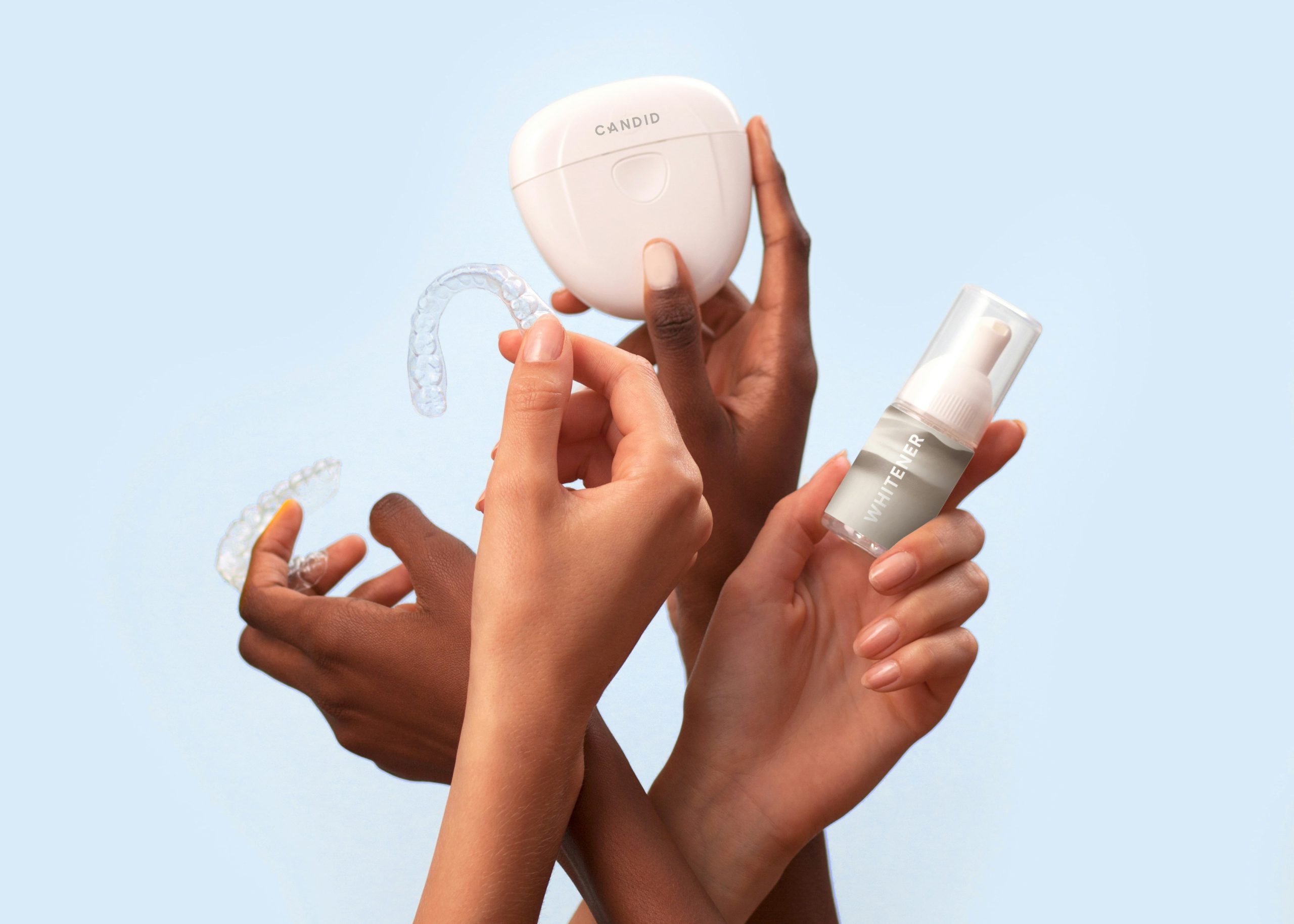
7oaks Clinic Blog features news and industry insight around dental implants and dental implant technology

Published by 7oaksclinic blog on 07 February 2024 5:41 am

Dental hygiene is a crucial aspect of overall health, yet there are numerous myths and misconceptions surrounding the best practices for maintaining a healthy smile. In this article, we will explore and debunk some of these common dental hygiene myths to help you make informed decisions about your oral health.
One prevalent myth suggests that brushing your teeth with force will result in a cleaner and healthier mouth. However, dental experts argue that aggressive brushing can do more harm than good. Brushing too hard may lead to gum recession, enamel erosion, and increased tooth sensitivity.
The reality is that a gentle, circular brushing motion with a soft-bristled toothbrush is more effective in removing plaque and debris without causing damage to your teeth and gums. It’s not about the force applied but the thoroughness of the brushing technique.
While it’s true that sugar plays a significant role in tooth decay, blaming it exclusively oversimplifies the complex process. Bacteria in the mouth feed on sugars, producing acids that erode enamel and lead to cavities. However, other factors such as poor oral hygiene, acidic foods, and genetic predispositions also contribute to tooth decay.
It’s essential to maintain a balanced diet, limit sugary snacks, and practise proper oral hygiene to prevent decay effectively. Regular dental check-ups can help catch and address any early signs of tooth decay.
While mouthwash can be a valuable addition to your oral hygiene routine, relying on it solely is a misconception. Mouthwash can help freshen breath and kill some bacteria, but it doesn’t replace the need for regular brushing and flossing.
Mechanical removal of plaque through brushing and flossing remains the most effective way to prevent gum disease and maintain optimal oral health. Mouthwash can be used as a supplementary measure, but it should not replace the cornerstone practices of brushing and flossing.
The perception that whiter teeth are inherently healthier is a common myth perpetuated by societal standards of beauty. While white teeth can be an indicator of good oral hygiene, they don’t necessarily reflect the absence of dental issues.
Tooth colour can vary among individuals, and factors such as genetics, ageing, and certain medications can influence tooth shade. A person with naturally yellowish teeth may have excellent oral health, while someone with very white teeth may still struggle with dental problems. Focus on overall oral health rather than the aesthetics of tooth colour alone.
Maintaining proper dental hygiene is essential for a healthy smile and overall well-being. By debunking these common myths, we hope to encourage a more informed and effective approach to oral care. Remember to brush gently, combine mouthwash with regular brushing and flossing, and understand that the colour of your teeth doesn’t necessarily dictate their health. With these truths in mind, you can embark on a journey toward a brighter and healthier smile.